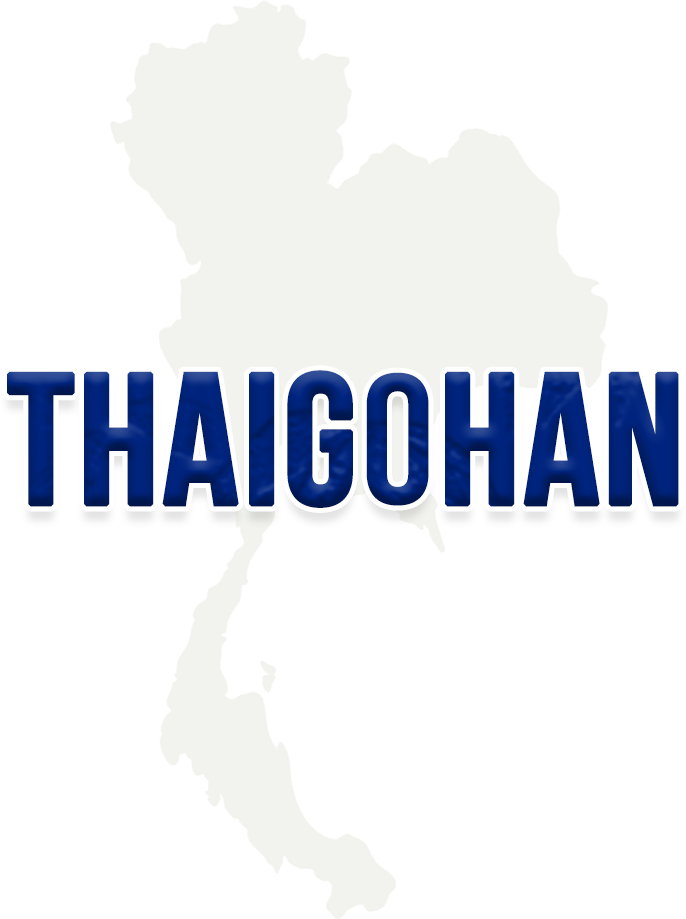Is Health Insurance Necessary in Thailand? A Complete Guide for Foreigners (2025 Edition)

Whether you’re visiting Thailand for a few weeks or planning to stay long-term as a digital nomad, retiree, or expat, one critical question arises: Do I need health insurance in Thailand?
Thailand is well known for its modern medical facilities and affordable care. However, private hospital costs can be surprisingly high—especially for foreigners. In this guide, we’ll explain why health insurance is important for foreigners in Thailand and introduce recommended plans and providers, along with tips for choosing the right coverage based on your stay.
目次
1. Why Do Foreigners Need Health Insurance in Thailand?
Thailand’s healthcare system includes both public and private hospitals. While public hospitals are low-cost, most foreigners prefer private international hospitals for their English-speaking staff, shorter wait times, and higher comfort.
But high quality comes with a price:
- General consultation: 2,000–5,000 THB
- Emergency treatment or hospitalization: 50,000–300,000+ THB
Also, certain visa types like the O-A (Retirement Visa) now require mandatory health insurance as part of the application process.
Reasons why health insurance is essential:
- Covers emergency care, illness, or accidents (e.g., road injuries)
- Avoids large out-of-pocket expenses
- Many private hospitals require proof of insurance or upfront payment
- Required for long-stay or medical-related visa applications
2. Best Health Insurance Options for Short-Term Visitors
For tourists, the best option is to purchase travel insurance from your home country before departure. These plans typically cover medical emergencies, accidents, theft, and travel disruptions.
Travel insurance options (globally available):
- Providers like Allianz, AXA, World Nomads, SafetyWing
- Many credit cards include travel insurance if booked under the card
- Coverage of at least USD 50,000–100,000 is recommended
- For longer stays, consider switching to local or international plans
Additionally, online-based short-term health insurance (similar to eSIM services) is becoming increasingly popular.
3. Health Insurance Plans for Expats and Long-Term Residents
If you’re living in Thailand for several months or years (as a remote worker, student, retiree, or expat), it’s best to enroll in a long-term health insurance plan—either through a local or international provider.
Key features to look for:
- Coverage for private hospitals with direct billing
- Inpatient + outpatient + emergency care
- Annual coverage limits and deductibles
- Multilingual support and claims process
- Visa compliance (for O-A, SMART Visa, Elite Visa, etc.)
Many plans can be customized to fit your budget and lifestyle.
4. Recommended Health Insurance Providers in Thailand (2025)
▶ Pacific Cross
A well-established provider in Thailand offering expat-friendly medical plans. They have an extensive hospital network and flexible coverage options.
- Monthly premium: approx. 2,000–5,000 THB
- Coverage: inpatient + outpatient + emergency
- Support: English, Thai, Chinese
▶ LUMA Health Insurance
Designed for expats and long-stay visitors, LUMA offers comprehensive international coverage and excellent customer service in English.
- Top plans: “LUMA Thailand Pass,” “LUMA Asia Care Plus”
- Special features: Visa support, cashless treatment
- Trusted by many digital nomads and retirees
▶ AIA Thailand / AXA Thailand
Local insurance providers with international coverage options. May require more paperwork but are generally cost-effective.
- Pros: Budget-friendly, available across Thailand
- Cons: Customer service in English may vary
5. Key Factors to Consider When Choosing a Policy
- Check if both inpatient and outpatient care are included
- Understand the claim process—cashless vs. reimbursement
- Be aware of deductibles, coverage limits, and exclusions
- Ensure your preferred hospital is within the network
- Know whether coverage is local, regional (e.g. ASEAN), or global
Even if you’re insured, some hospitals may still require you to pay upfront if you’re out of network—so double-check in advance.
Conclusion
Whether you’re in Thailand for a short vacation or living here full-time, having health insurance is not just a good idea—it’s a necessity. Even a minor medical issue can lead to unexpected costs if you’re unprepared.
| Type of Stay | Recommended Plan Type | Notes |
|---|---|---|
| Tourist (up to 30 days) | Travel insurance or credit card coverage | Confirm activation conditions |
| Medium-term (1–3 months) | Pacific Cross short-term plan, LUMA Pass | Easy to apply online |
| Long-term expats | LUMA Asia Care, AXA, AIA | Look for cashless support |
| Retirement stay | Plans compliant with O-A Visa | Must meet visa requirements |
Choose a plan that fits your needs and budget—and enjoy your time in Thailand with peace of mind.




